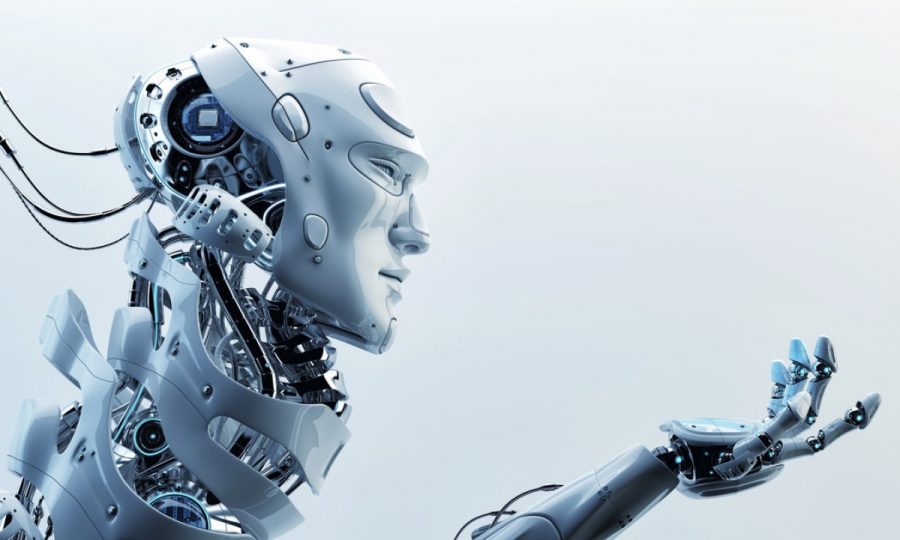Robots: Helpful or Harmful?
October 25, 2022
What comes to your mind when you hear the word Robot? Do you automatically think of a helpful human built machine or do you think of a killer gadget that is bound to take over the world?
Whether people support the creation of robots or are against it, it is unquestionable that robotics has advanced remarkably in the last fifty years. You might have read articles or seen movies about robots taking worker’s jobs or possibly taking over the world someday, but these fantasies couldn’t be any farther from the truth. Automation robots have had beneficial impacts on many work fields and continue to transform businesses, society, and our personal lives.
Victoria Masterson’s piece, “From robotic dogs to magnetic slime: 7 ways robots are helping humans,” for the World Economic Forum, reports on the many ways robots have been improving the workfield.
According to Masterson, robots have been incredibly useful in disaster zones and have provided crucial support to human search and rescue teams. There are many situations that are far too dangerous for humans, such as bomb clearings, gas leak securings, and toxic substance removals. Robots eliminate these dangerous jobs for people and shift their role to a safer space, including operating and programming the robot to work in hazardous environments. This results in fewer human injuries and even casualties, as robots can handle riskier work and prevent more accidents.
Masterson states that smaller robots can “search inside rubble and climb over obstacles,” which makes it easier to look for injured people in case of a collapsed tower or building.
Aside from the more common robots that people have grown accustomed to seeing, scientists have discovered some uses for a new robotic creation: robots made from slime. This creation has been developed using metal particles and external magnets to make a slime-like substance. This slime can navigate through narrow spaces, grasp objects by wrapping around them, and fix circuits.
In the near future, scientists hope this slime can benefit humans by “swallowing and transporting harmful things — like a dangerous object ingested by mistake.” While they have no immediate plans to test it in a medical setting yet, scientists predict the slime to be useful in the digestive system, in reducing the harm from a small swallowed battery. With more research and development, this could serve as an efficient treatment method for human health emergencies.
One of the more exciting and interesting developments in robotics is AI, or Artificial Intelligence. There has been a lot of controversy surrounding AI and its possible downsides as people feel uneasy about robots mimicking human behavior. This kind of resistance is normal, and could even be instinctual since people don’t know what robots with super intelligence are capable of. The worries regarding AI cause people to overlook the benefits of automation robots.
In her article “The Benefits of AI: 6 Societal Advantages of Automation,” Ashley Brooks mentions some new ways AI has helped scientists gather information and been useful in natural disasters. According to Brooks, AI cannot prevent natural disasters but “it can help experts predict when and where disasters may strike with more accuracy.” This allows more time for people to prepare themselves and keep themselves safe ahead of time.
On a similar front, Ashley Smart’s article, “Artificial Intelligence Takes On Earthquake Prediction” shows that AI can “demystify earthquake physics and tease out the warning sides of impending quakes.” This makes AI significantly more accurate than current models when it comes to predicting the location of earthquake aftershocks. Through new uses of satellites and data, AI can continue making effective predictions and improve throughout the next 10 years.
The development of robots and AI through the years has been a benefit to society and people should embrace these innovations rather than fearing them. It is often forgotten that robots are programmed by humans, and they cannot function without proper programming. This should take away some of the anxiety regarding robots, and it makes chances for a robot takeover rather slim. Robotics has grown so much, and has become an important part of our everyday lives. It is nowhere near perfect, but it will continue to develop, as this is only the beginning.













































